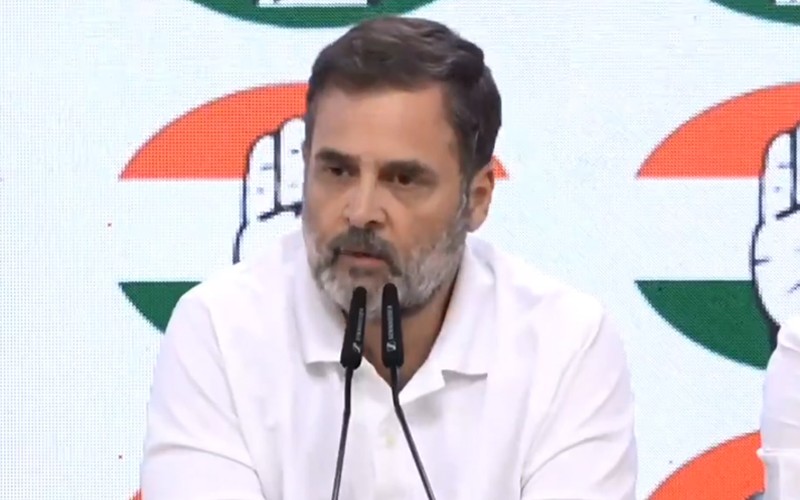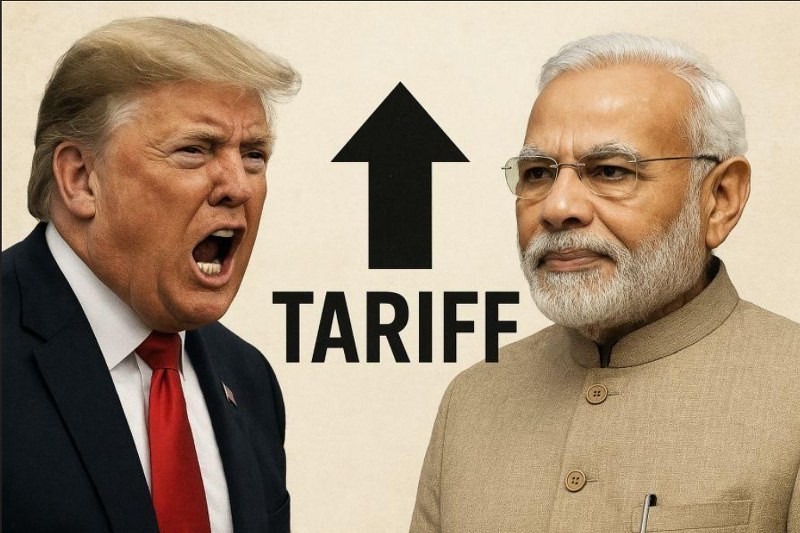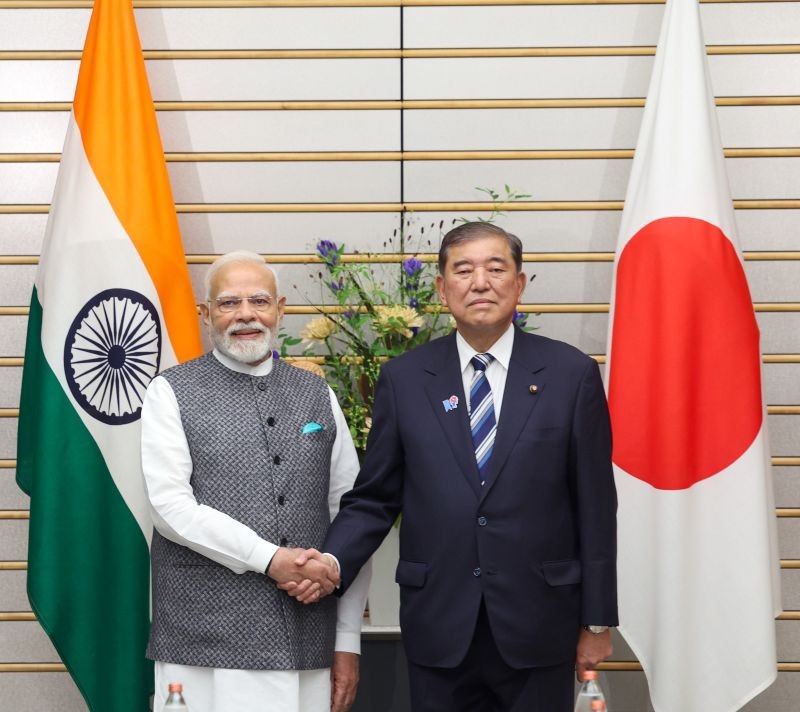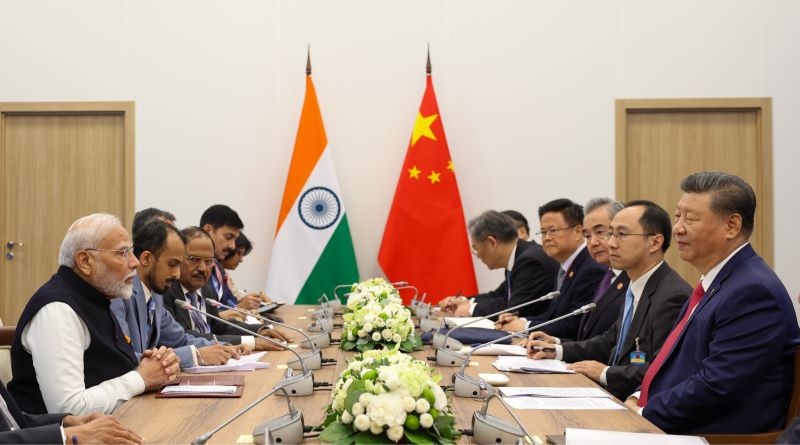Election Commission slams Rahul Gandhi’s 'rigging' claims as baseless, calls match-fixing charge 'absurd'

New Delhi: The Election Commission (EC) on Saturday hit back at Congress MP Rahul Gandhi, dismissing his claims of electoral rigging in last year’s Maharashtra Assembly elections as “vague” and “completely absurd”.
The poll body issued a detailed rebuttal to his allegations of voter fraud, reiterating that the entire election process was conducted transparently.
“After any unfavourable verdict by the voters, trying to defame the Election Commission by saying that it is compromised is completely absurd,” the EC said in a sharply worded statement.
In response to Gandhi’s match-fixing allegation, the Commission pointed out that polling agents from all parties were present during voting, and Congress’s authorised representatives raised no objections or complaints about suspicious activity.
Gandhi had also accused the Centre of manipulating the selection process of Election Commissioners and the Chief Election Commissioner (CEC) by removing the Chief Justice of India from the panel, allegedly skewing the system in the government's favour.
Dismissing the charge, the Commission termed his accusations “unsubstantiated”.
It reminded that it had already addressed similar concerns raised by the Indian National Congress (INC) in December 2024, following its defeat in the Assembly polls.
“The Election Commission had brought out all these facts in its reply to INC on December 24, 2024 itself which is available on EC’s website. It appears that all these facts are completely being ignored while raising such issues again and again,” the EC said.
The Congress-led INDIA bloc had suffered a crushing defeat in the Maharashtra Assembly elections, managing to win just 46 out of 288 seats, despite having outperformed the BJP-led Mahayuti alliance in the Lok Sabha elections held earlier the same year.
Rahul Gandhi had further alleged that 70 lakh names were mysteriously added to the state’s electoral rolls between the two elections.
Countering this, the EC shared data indicating that 40.81 lakh voters were added during that five-month period—not 70 lakh as claimed.




